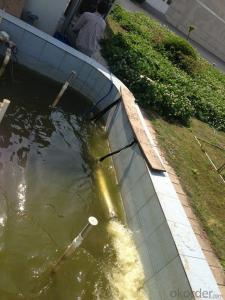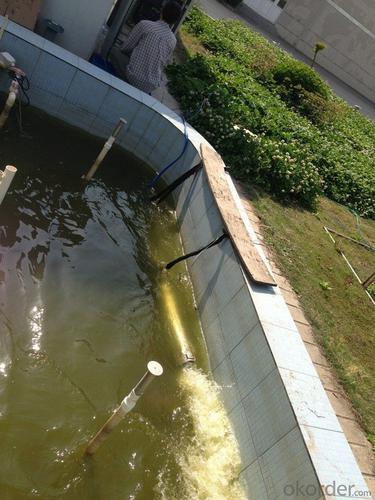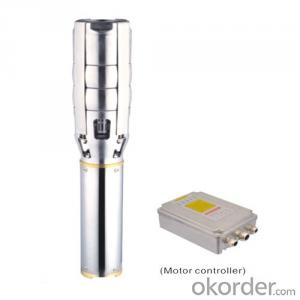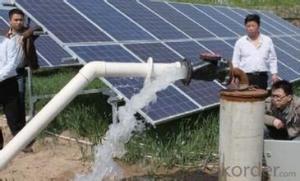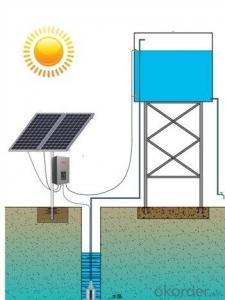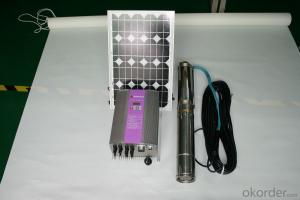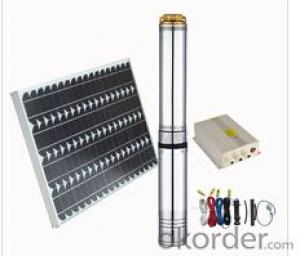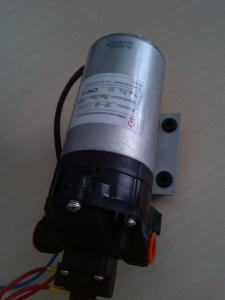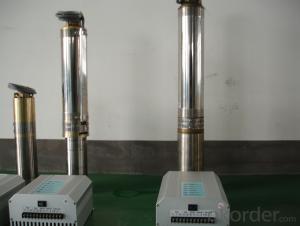12V Solar Pump with Water Lubrication
- Loading Port:
- Shanghai
- Payment Terms:
- TT OR LC
- Min Order Qty:
- -
- Supply Capability:
- 300 set/month
OKorder Service Pledge
Quality Product, Order Online Tracking, Timely Delivery
OKorder Financial Service
Credit Rating, Credit Services, Credit Purchasing
You Might Also Like
how is the rotor made:
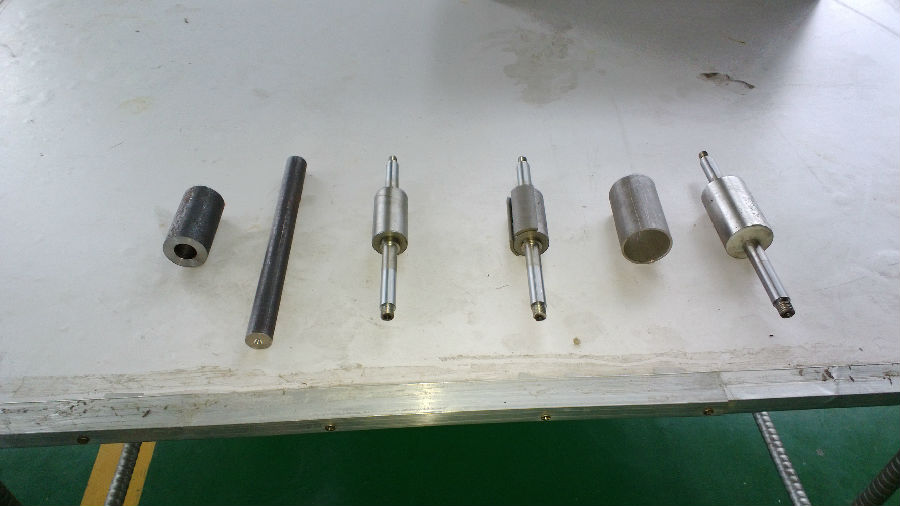
how is the motor made:
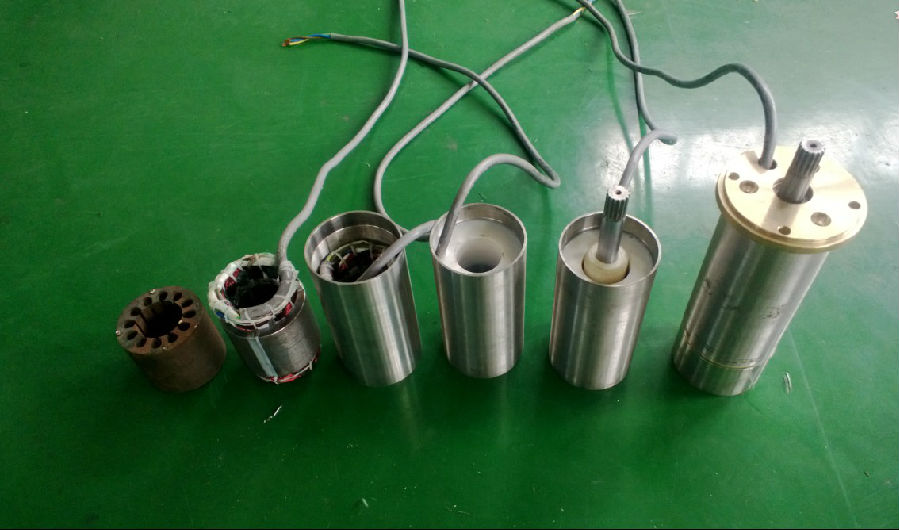
the pump :
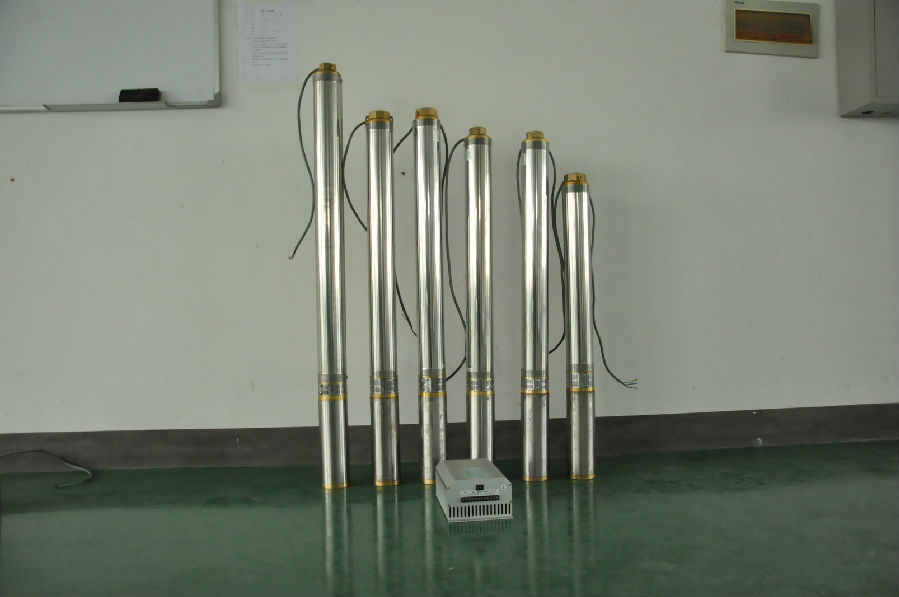
controller terminal connection:
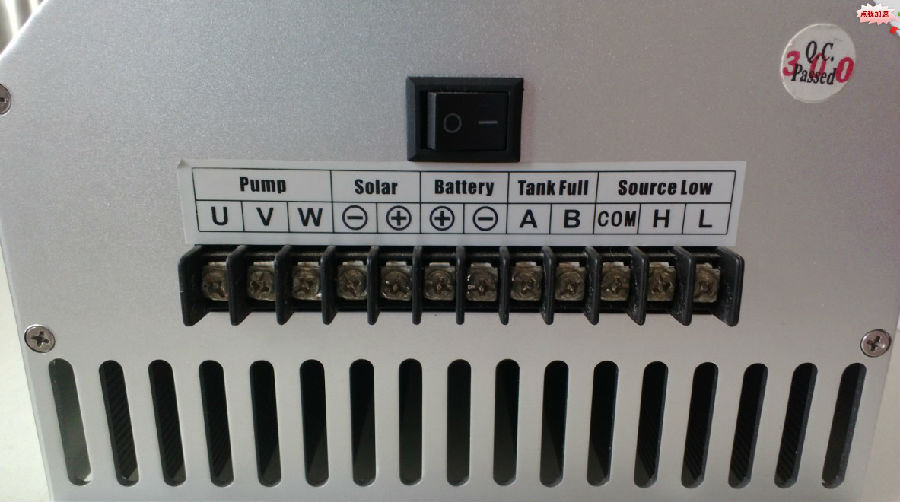
The permanent magnet:
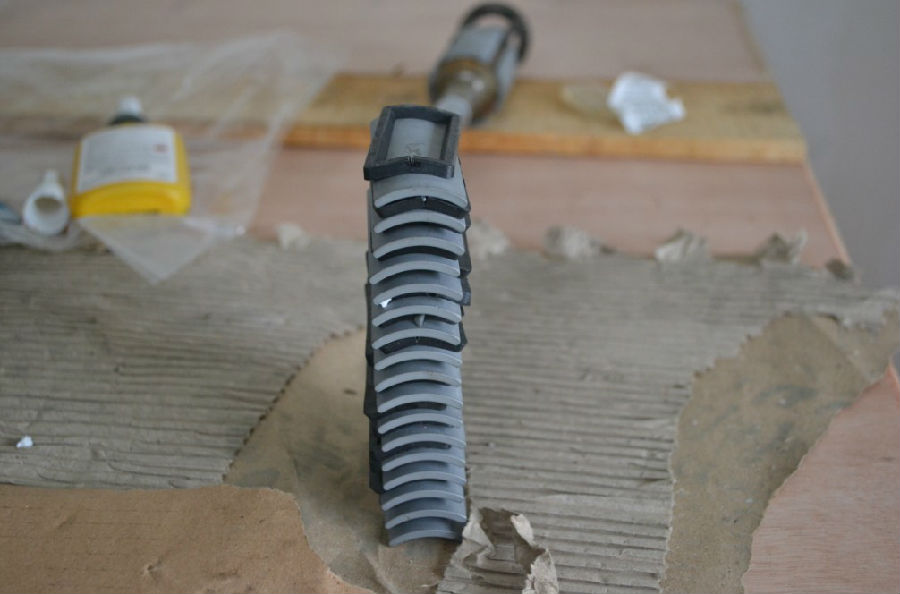
the impeller:
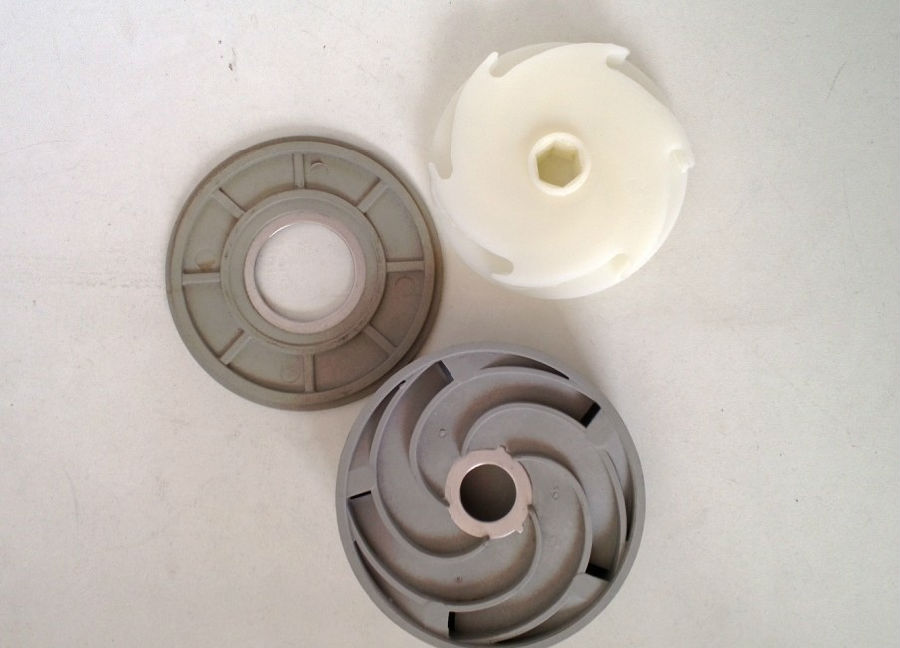
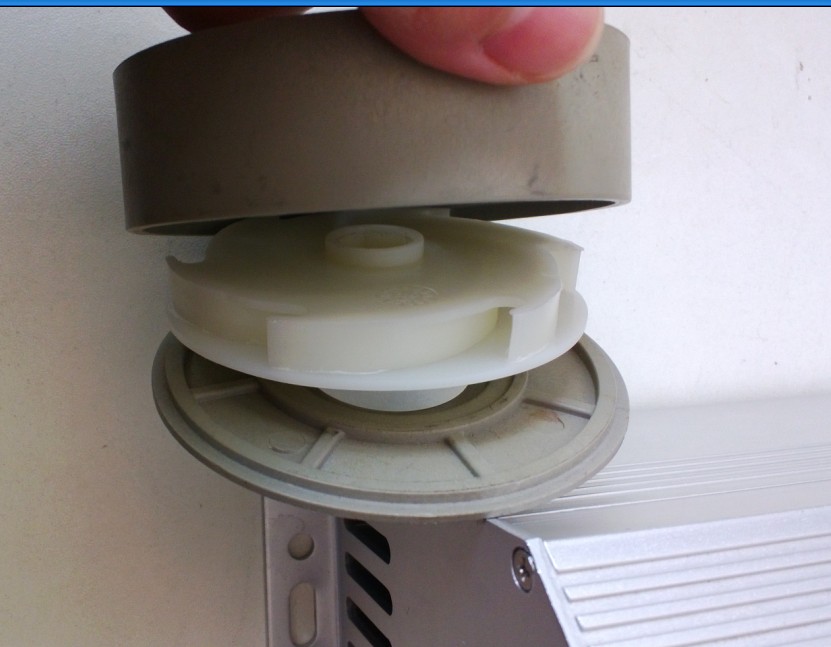
controller box:
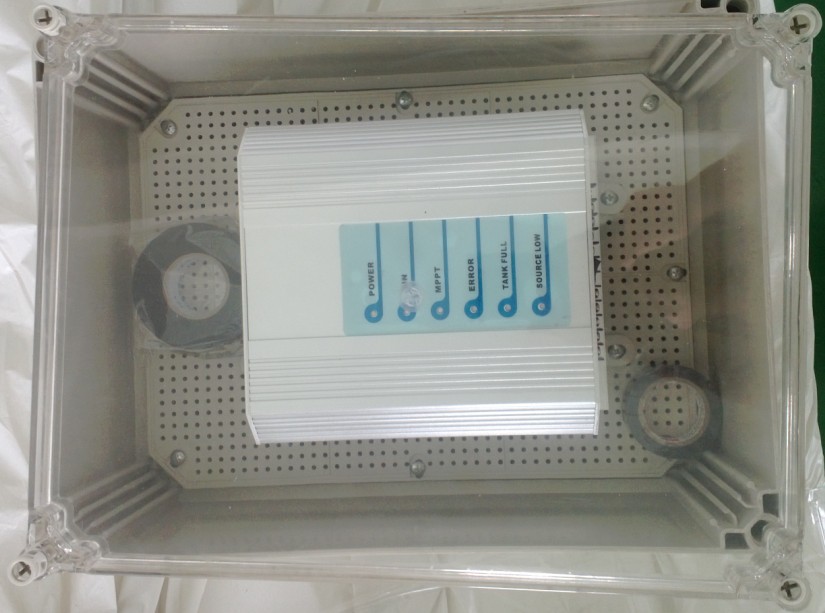
the senors:
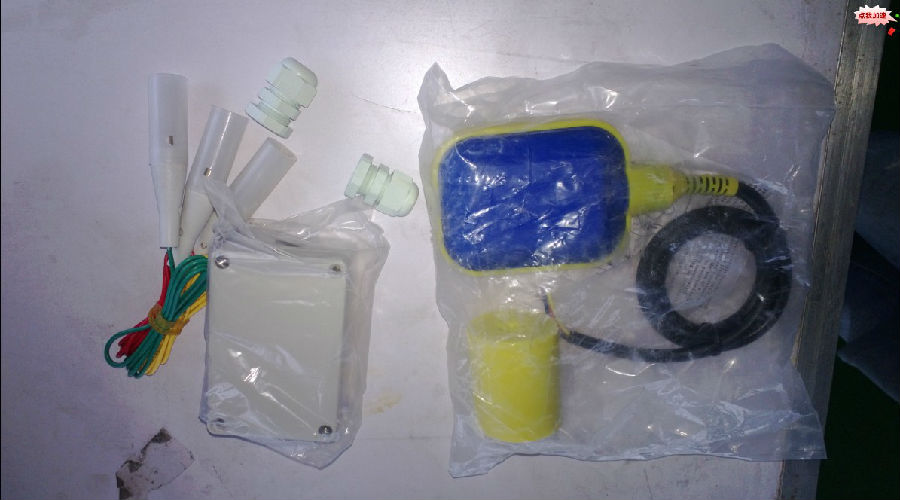
the test:
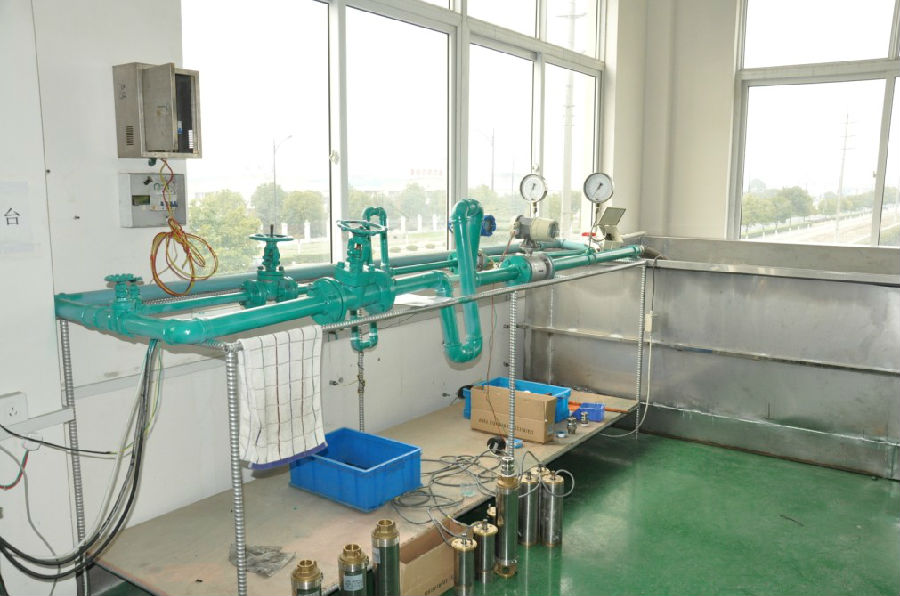
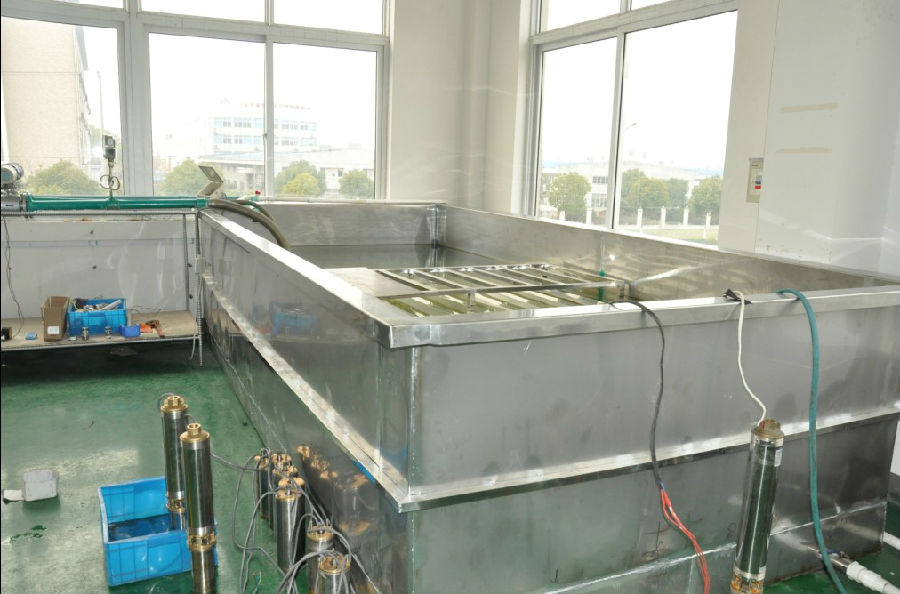
the application:
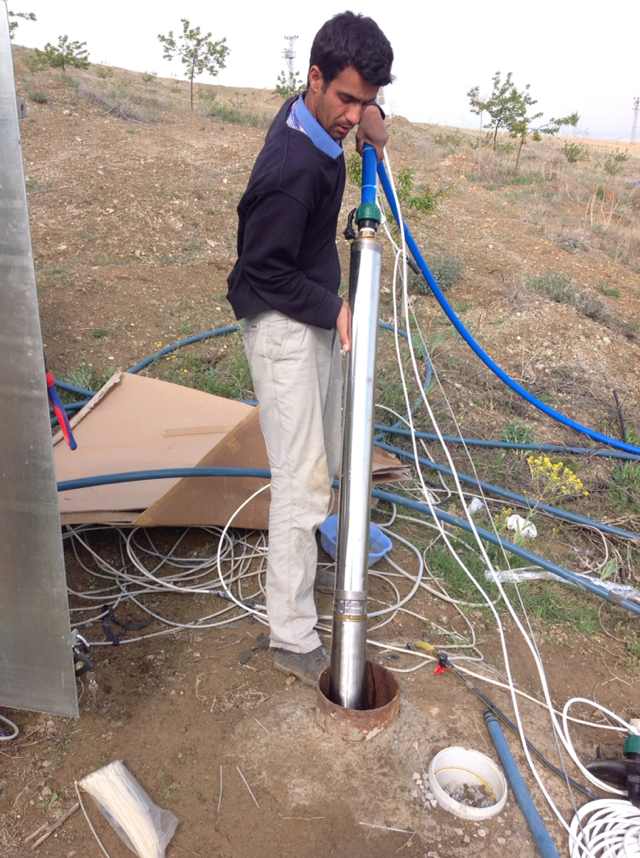
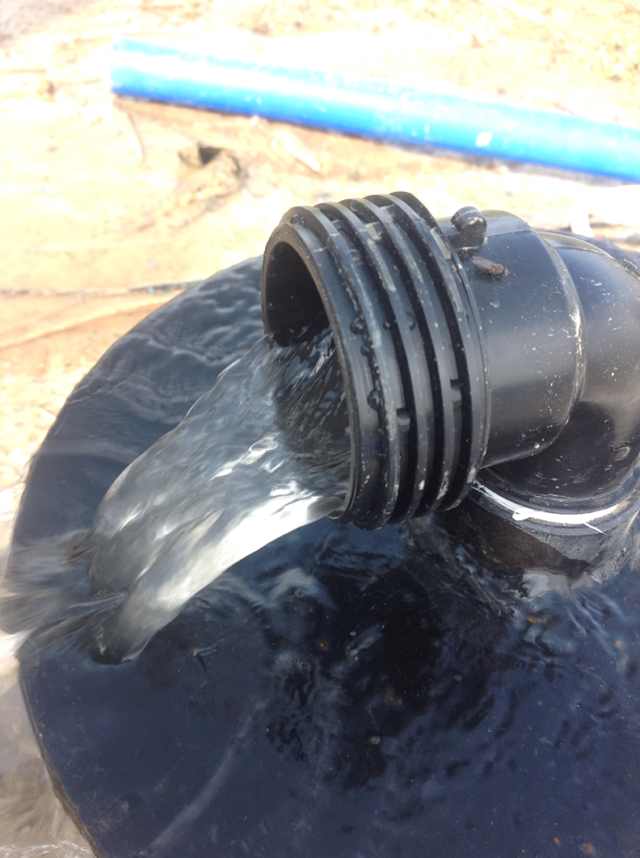
the package:
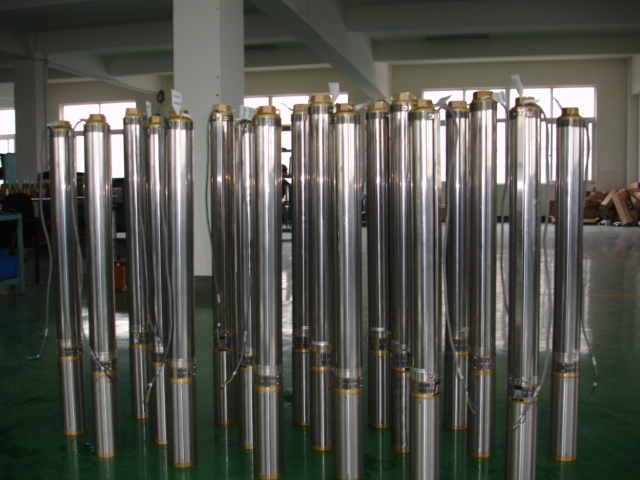
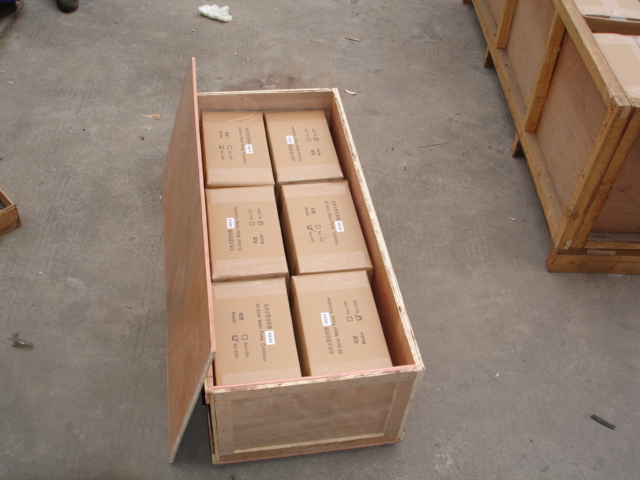
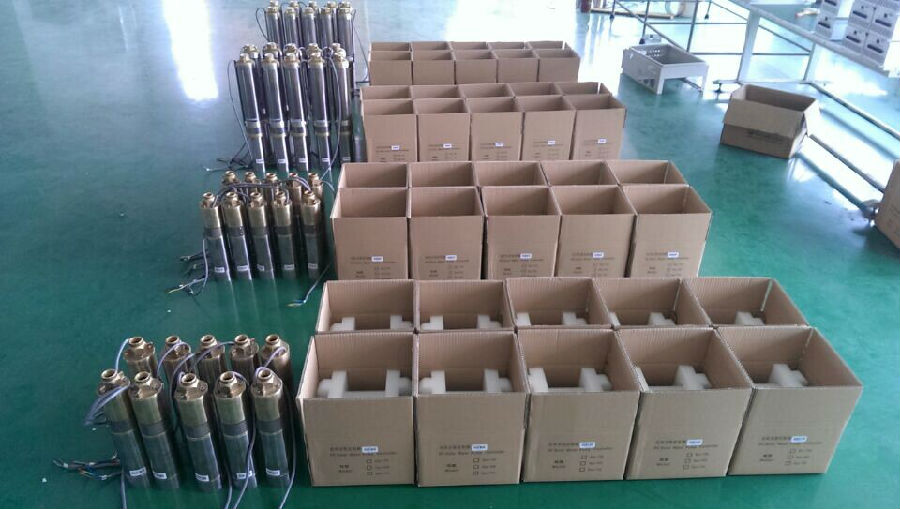
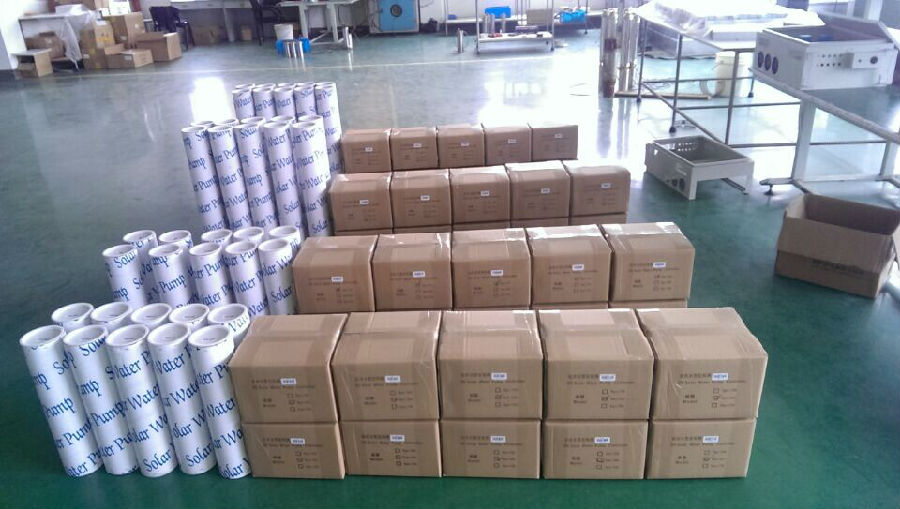
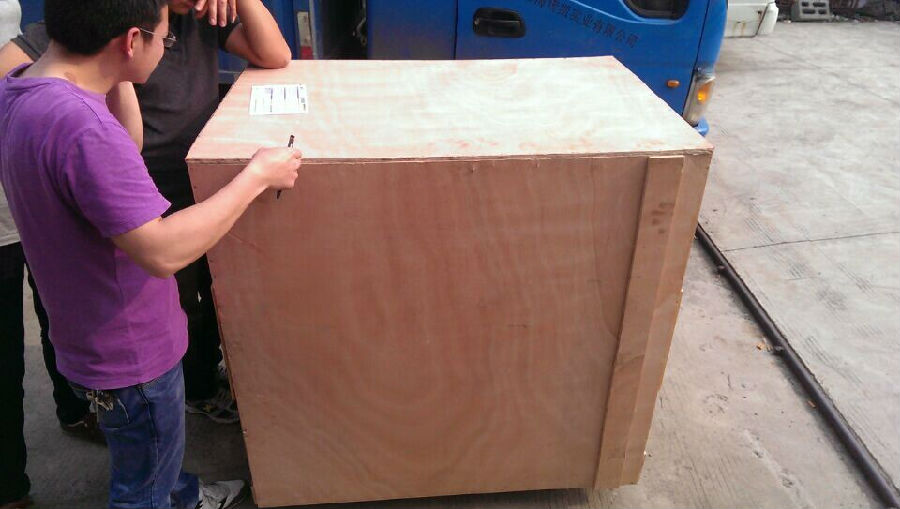
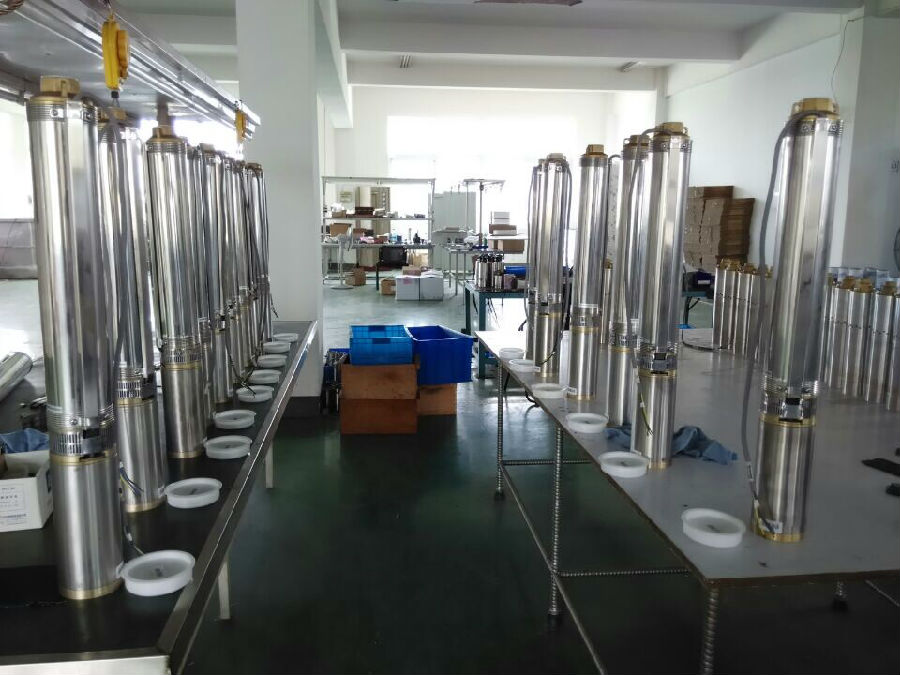
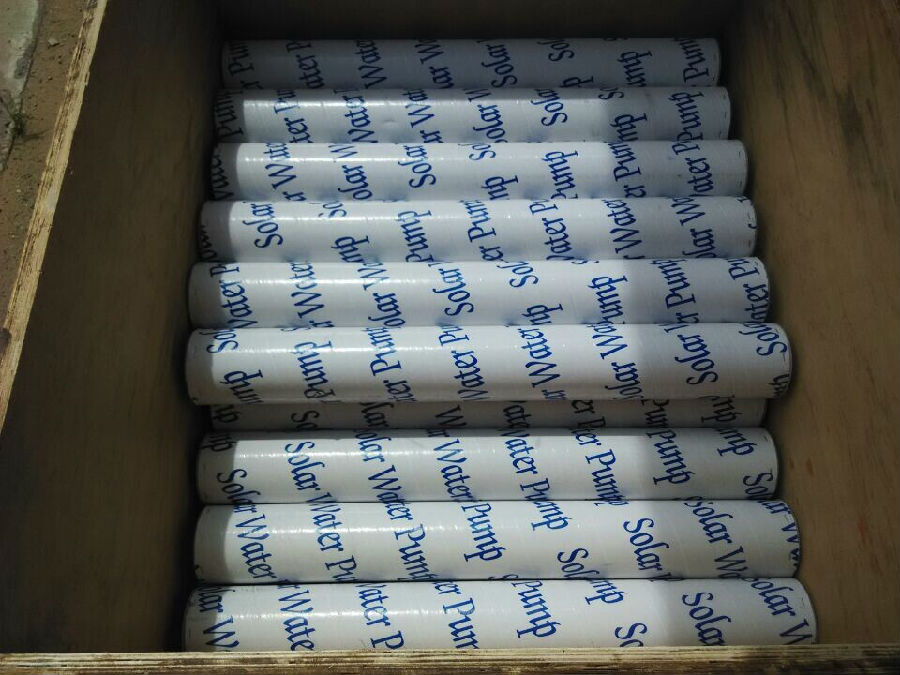
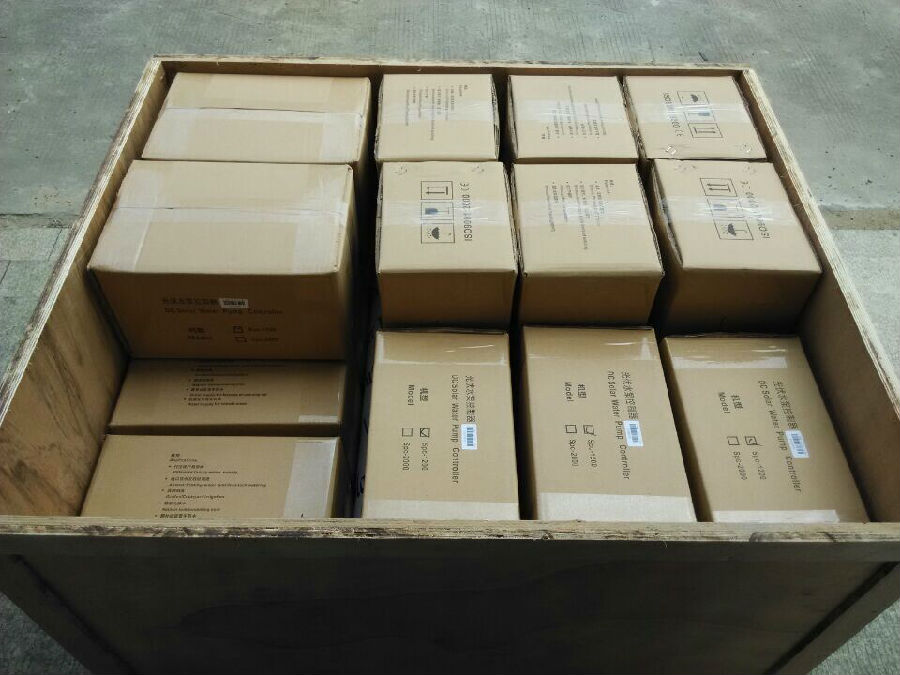
- Q: How does the voltage of the solar pump system affect its performance?
- The performance of the solar pump system greatly depends on its voltage. A higher voltage generally leads to better performance and efficiency. Increasing the voltage directly impacts the power output of the solar panels, allowing for more power generation. This, in turn, results in increased water flow and pressure from the pump, ultimately enhancing its pumping capacity and delivering water faster. Additionally, a higher voltage helps overcome any losses caused by long wire distances or resistance in the system by reducing voltage drop. However, it is important to adhere to the manufacturer's recommended voltage range to avoid damaging the pump or other components. Ultimately, the voltage directly influences the system's performance, so selecting the appropriate voltage within the manufacturer's guidelines is critical for optimal functioning.
- Q: Can a solar pump be used in areas with limited access to water storage?
- Yes, a solar pump can be used in areas with limited access to water storage. Solar pumps do not require a connection to the electric grid or fuel source, as they operate solely on solar energy. This makes them suitable for remote areas or locations where water storage is not readily available. The solar pump can draw water directly from a water source such as a well, river, or lake, providing a sustainable and independent solution for water supply without the need for extensive storage infrastructure.
- Q: What type of maintenance is required for a solar pump?
- Regular maintenance is required for a solar pump, including cleaning the solar panels to ensure maximum sunlight absorption, checking and tightening all connections, inspecting the pump for any signs of damage or wear, and cleaning or replacing the filter as needed. Additionally, the battery and controller should be regularly checked to ensure proper functioning and replaced if necessary.
- Q: Are there any limitations on the water pressure that can be achieved with a solar pump?
- Yes, there are limitations on the water pressure that can be achieved with a solar pump. The maximum water pressure achievable depends on various factors such as the design and power of the solar pump, the height and distance the water needs to be lifted, and the capacity of the solar panels. Additionally, the availability of sunlight and the efficiency of the pump's components can also impact the water pressure.
- Q: Can a solar pump be used for water supply in off-grid farms?
- Yes, a solar pump can be used for water supply in off-grid farms. Solar pumps are a sustainable and cost-effective solution for farms located in remote areas without access to traditional power sources. They harness energy from the sun to power the pump, allowing for reliable water supply for irrigation, livestock, and other agricultural needs. This eliminates the dependence on grid electricity and reduces operational costs while promoting environmental sustainability.
- Q: How does a solar pump handle fluctuations in water quality?
- A solar pump is designed to handle fluctuations in water quality efficiently. The pump uses an integrated filtration system that can remove impurities and sediment from the water, ensuring a consistent flow rate even when the water quality changes. Additionally, some solar pumps are equipped with sensors and automatic controls that can detect variations in water quality and adjust the pump's performance accordingly. This helps maintain the pump's efficiency and prolong its lifespan, even in challenging water conditions.
- Q: Are there any limitations to the type of water a solar pump can handle?
- There are certain restrictions when it comes to the type of water that a solar pump can handle. One constraint is the presence of debris or sediment in the water. Generally, solar pumps are engineered to manage clean water, and if the water contains a large amount of debris, it can lead to the pump becoming clogged or damaging its components. Another limitation is the level of salinity in the water. Although solar pumps can handle water with some salinity, there is a threshold beyond which the pump's efficiency may decrease or it may suffer damage. The specific tolerance for salinity can differ depending on the type and model of the solar pump. Furthermore, the temperature of the water can also impact the performance of a solar pump. Extreme temperatures, whether excessively hot or cold, can affect the pump's efficiency and lifespan. Solar pumps are typically designed to endure a specific range of temperatures, and operating outside of this range can cause problems. Lastly, the depth of the water source can also be a restriction. Solar pumps are generally suitable for shallow water sources, such as wells or ponds. If the water source is too deep, the pump may not be capable of efficiently lifting the water to the desired height. In conclusion, it is crucial to consider these limitations and ensure that the type of water and its conditions align with the specifications of the solar pump being used. Consulting the manufacturer's guidelines and recommendations can provide more specific information regarding the limitations of a particular solar pump model.
- Q: Can a solar pump be used for desalination or reverse osmosis processes?
- Desalination or reverse osmosis processes can indeed make use of a solar pump. To carry out these procedures, a solar pump is employed to generate the necessary energy for propelling the water through the reverse osmosis membrane or desalination unit. By harnessing solar energy to power the pumps, solar pumps present an environmentally friendly and cost-effective alternative for these purposes, thereby eliminating the need for conventional electricity sources. Moreover, solar pumps are easily installable in remote regions where access to electricity may be limited. This feature renders them highly suitable for desalination or reverse osmosis processes in areas with ample sunlight but limited freshwater resources. Ultimately, the utilization of a solar pump for desalination or reverse osmosis processes provides a sustainable and efficient solution for tackling issues related to water scarcity.
- Q: Can a solar pump be used for artificial waterfalls?
- Yes, a solar pump can be used for artificial waterfalls. Solar pumps are a sustainable and eco-friendly option for powering water features, including artificial waterfalls. They use solar energy to generate power, eliminating the need for electricity or batteries. Solar pumps are efficient and can provide sufficient water flow and pressure to create a beautiful and captivating waterfall effect.
- Q: Can a solar pump be used for water supply in vineyards or orchards?
- Yes, a solar pump can certainly be used for water supply in vineyards or orchards. Solar pumps are an eco-friendly and cost-effective solution that utilize solar energy to pump water, making them ideal for irrigation purposes in agricultural settings. They can provide a reliable and sustainable water supply, ensuring the healthy growth and productivity of vineyards or orchards while minimizing energy costs and environmental impact.
Send your message to us
12V Solar Pump with Water Lubrication
- Loading Port:
- Shanghai
- Payment Terms:
- TT OR LC
- Min Order Qty:
- -
- Supply Capability:
- 300 set/month
OKorder Service Pledge
Quality Product, Order Online Tracking, Timely Delivery
OKorder Financial Service
Credit Rating, Credit Services, Credit Purchasing
Similar products
Hot products
Hot Searches
Related keywords
